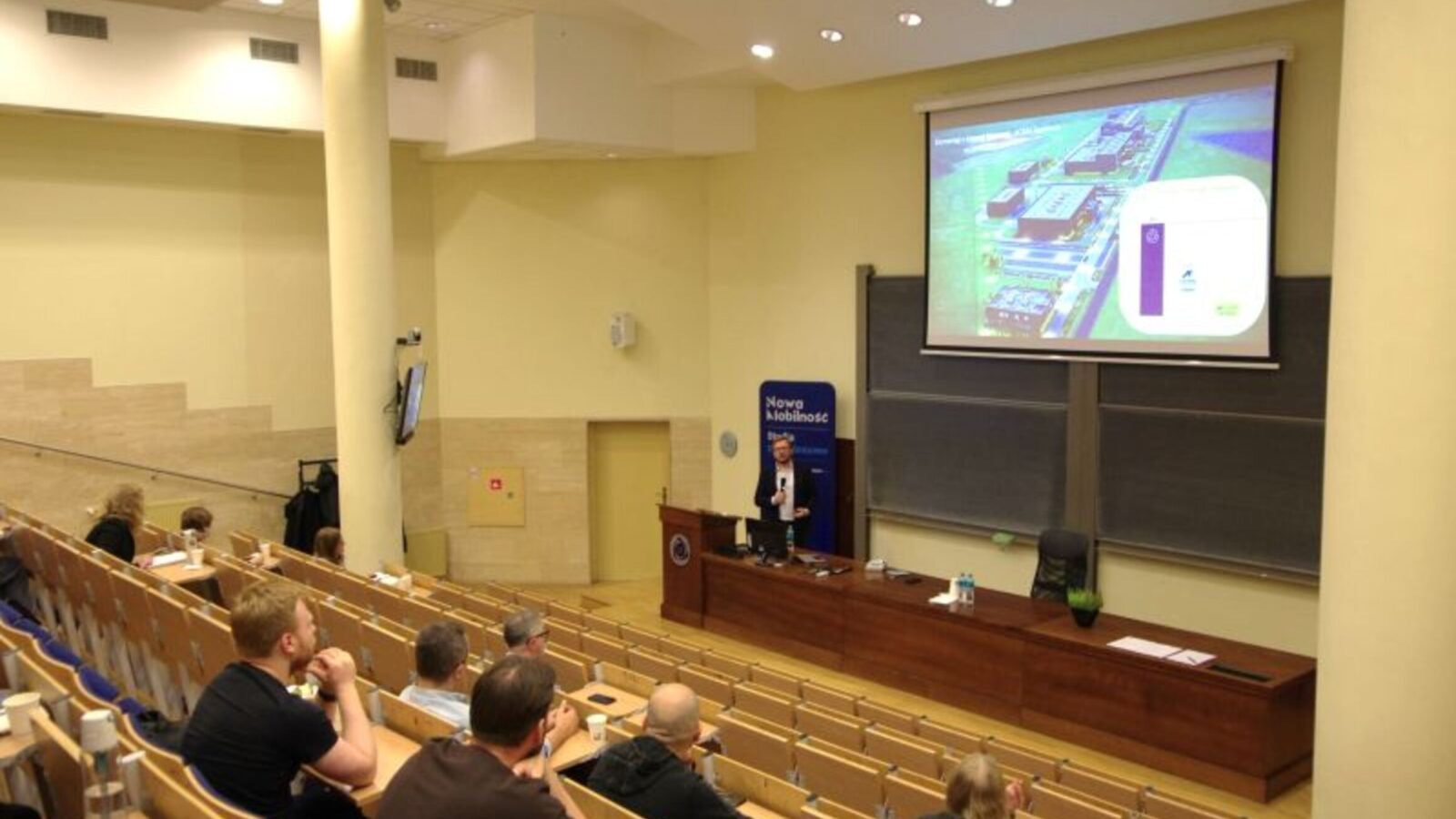The European Commission has announced changes to CO₂ emission limits for car manufacturers. The weakening of these requirements could have negative consequences for the development of electromobility in the countries of Central, Eastern, and Southern Europe — regions where the adoption of BEVs is progressing much more slowly than in other parts of the EU. PSNM has responded, and together with industry organizations from Slovakia, Italy, and Spain, has addressed its concerns in an open letter to the President of the European Commission, Ursula von der Leyen.
President of the European Commission, Ursula von der Leyen, announced on Monday the conclusions from the second meeting of the Strategic Dialogue on the Future of the European Automotive Industry. During the press conference, she addressed three priority areas for the European automotive sector: innovation in autonomous driving, the transition toward clean mobility, and the competitiveness of supply chains — particularly in the field of batteries. The full Automotive Industrial Action Plan will be presented on March 5.
The key change announced by the President is an increase in flexibility regarding CO₂ emission targets — manufacturers have been granted three additional years to meet the limits originally required by the end of 2025. Importantly, the targets themselves remain unchanged; only the compliance period and the penalty calculation system are being adjusted. This means that manufacturers may sell more combustion-engine vehicles this year and next year than initially allowed, but by 2027 they will need to compensate by increasing the share of electric vehicle (EV) sales to balance out the overall fleet emissions and achieve the required average.
According to Ursula von der Leyen, this is both “a nod to those who have done their homework” and a response to stakeholders calling for greater pragmatism in the face of current challenges. As she put it, “the industry has been given more breathing space and transparency without the need to alter the agreed targets.”
The transition toward clean mobility remains an EU priority. In her Monday speech, the President underlined the strategic importance of European supply chains. To strengthen the competitiveness of locally produced batteries, she announced plans to explore direct support for EU-based battery manufacturers, simplify regulations, reduce bureaucracy, and introduce requirements for EU-origin battery cells and components.
For the battery industry, this is a positive long-term signal. In the short term, however, there are serious concerns about the relaxation of the timeframe for meeting CO₂ limits by car manufacturers. In the next two years, this easing could significantly slow down the growth of electric vehicle sales. According to forecasts from the research agency New Automotive, loosening the EU’s CO₂ limits could result in up to 450,000 fewer BEVs being delivered to EU markets. Changing the rules midway through a year when manufacturers were expected to meet specific goals is unfair to those who have been actively preparing for compliance — a group that includes Chinese manufacturers, who may also benefit from Europe’s current slowdown in electrification due to their price competitiveness.
This policy shift may further weaken the momentum in markets that are already lagging behind the EU’s electrification leaders — including Poland. The European Commission’s current move risks deepening the “two-speed Europe” divide — not only in terms of BEV registrations but also regarding investments in infrastructure and the sustainable transport industry.
In the 15 countries of Central, Eastern, and Southern Europe, only 191,000 electric vehicles have been registered so far. In contrast, in the remaining 12 EU countries, there are 1.256 million registered battery-electric vehicles, accounting for more than 15% of total vehicle registrations in those markets.
“If emission limits are relaxed, the share of electric vehicles in new passenger car sales in Poland will grow only minimally in 2025 — from 3% to just 4%. However, if the current limits remain unchanged, BEV market share could reach as much as 7%,”
says Maciej Mazur, Managing Director of the Polish Alternative Fuels Association (PSNM).
PSNM, together with other industry associations from Central, Eastern, and Southern Europe — SEVA (Slovakia), Motus-E (Italy), and AEDIVE (Spain) — has issued an open letter addressed to the President of the European Commission, Ursula von der Leyen. The letter stresses the need to stimulate demand in all EU member states and urges the Commission to maintain the 2025 CO₂ emission targets.
The price for weakening CO₂ targets will be paid primarily by the countries of Central, Eastern, and Southern Europe. Without strong, leading investment and regulatory frameworks, these regions will face lower electric vehicle sales, reduced capacity to attract capital, and slower infrastructure development — further widening the gap between EU member states. This will deepen fragmentation, leaving half of Europe behind in the transition to clean transport.
The CO₂ regulations serve as an investment framework for the electrification economy — one that drives Europe’s competitiveness and has already led to hundreds of millions of euros in public and private investment across CEE and SEE countries. Introducing uncertainty (“flexibility”) at this stage will make it significantly harder to achieve a unified industrial policy across the EU, thereby weakening emerging markets’ ability to leverage the shift toward sustainable mobility as a driver of economic growth, innovation, and competitiveness.
Full text of the open letter: Open Letter: A Two-Speed Europe



